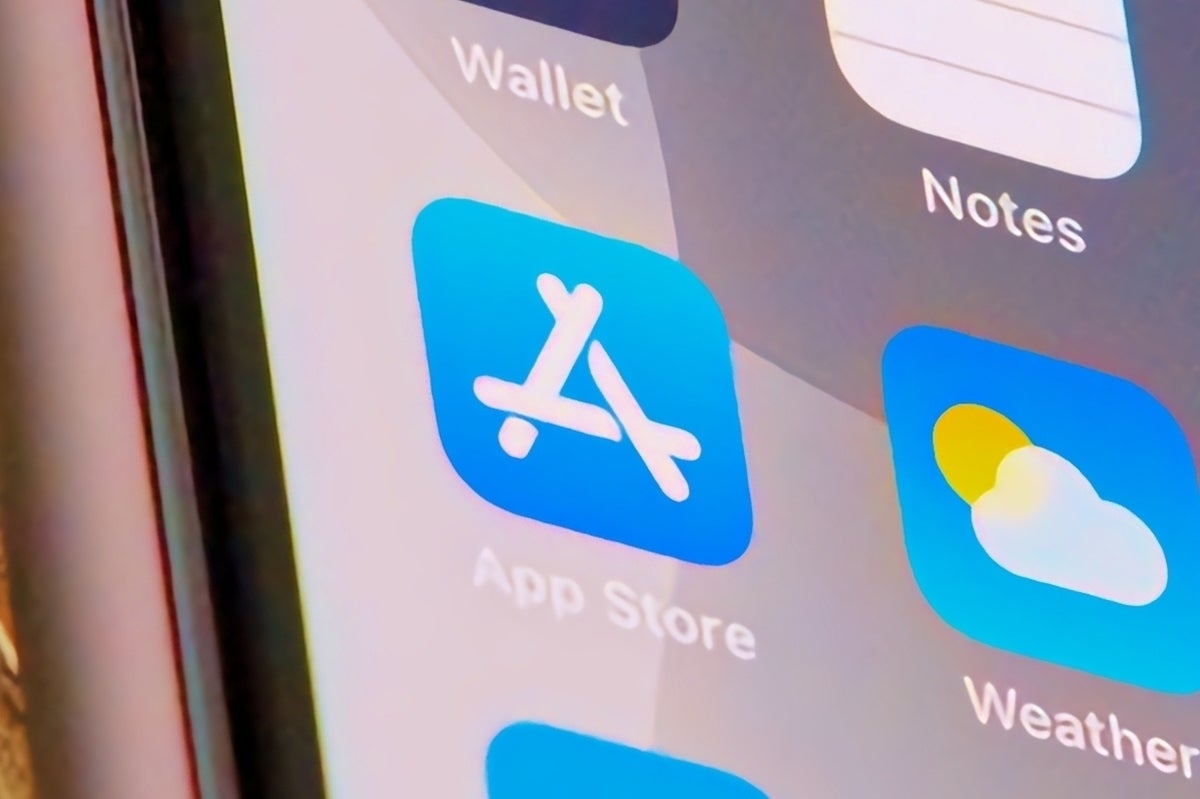
Apple warns: Sideloading apps threatens an iCrime wave

Apple is fighting back again against growing stress to aid sideloading on the App Stores having an extensive 28-web page white paper where it provides stark security and personal privacy warnings.
The dangers of sideloading
The white paper, ” Creating a Trusted Ecosystem for An incredible number of Apps – a Threat analysis of Sideloading ” argues that because iPhones along with other devices capture therefore much private information about people, maintaining safety and privacy is crucial.“Supporting sideloading by means of direct downloads and 3rd-party app shops would cripple the personal privacy plus security protections which have made iPhone therefore secure, and expose customers to serious protection risks,” the business said.
The European Commission, furthermore to lawmakers in a few European states , the united states, and seem at the moment inclined to create Apple assistance app sideloading elsewhere. The EC’s proposed Digital Marketplaces App could force the business to take action. Apple rejects this due to the potential injury to its clients and its platform.
In June apple company published an identical document explaining the advantages of its curated App Shop, warning of significant hazards to having less curation. Critics of sideloading argue that whilst curation isn’t ideal , it really is far, greater than nothing .
The paper cites a Nokia study that showed Android suffers around 47 times more malware than iPhone. It reprises the European regulatory company that reported 230 furthermore, each day 000 new cellular malware infections.
Threat of a fresh iCrime wave
“Android smartphones will be the most common cellular malware targets and also have recently had between 15 and 47 times a lot more infections from malicious software program than iPhone. A scholarly research discovered that 98 percent of cellular malware targets Android products.
“This is closely associated with sideloading: In 2018, for instance, Android gadgets that installed apps outdoors Google Play, the state Android app store, were eight times more prone to be suffering from harmful applications than the ones that did not potentially,” the paper says.
The paper discusses malware that posed as a security upgrade for a spoof Android version of the Clubhouse app which asked users to show off security settings that could avoid the malicious code getting installed.
The business also warns criminals might try to create fake app stores to trick consumers into sharing payment details, the ongoing company warns. “Sideloading would ensure it is simpler and cheaper to execute several attacks which are currently difficult and pricey to execute on iOS,” it says.
The chance to consumers is amplified, as in some instances App developers may force consumers to sideload their apps by refusing to provide them via that App Store. “Users might not get accurate information regarding apps they sideload through third-party app stores or via direct downloads because these app stores wouldn’t normally be required to supply the information displayed on the App Store product pages and privacy labels. And features like App Tracking Transparency and parental controls,” Apple notes.
Security experts seem to agree
The report supports Apple’s arguments with statements from Europol, the European Agency for Cybersecurity, the united states Department of Homeland Security, Norton, NIST and interpol. The latter warns that “Sideloading, if done incorrectly, will make a mobile device susceptible to attack extremely.”
In addition, it quotes security vendor Norton:
“One method to minimize danger from third-party stores would be to avoid them.”
“If Apple were forced to aid sideloading via direct downloads and through third-party app stores, iPhone users would need to look for scams constantly, sure whom or what things to trust never, and, as a total result, users would fewer apps from fewer developers download,” Apple said in its report.
[Also read: Apple makes a quiet transition to post-consumerism ]
Last but not least what it is attempting to do, the Apple report repeats a 2007 statement by founder Steve Jobs: “We’re attempting to do two diametrically opposed things simultaneously: offer an advanced and open platform to developers while at exactly the same time protect iPhone users from viruses, malware, privacy attacks, etc. That is no easy task.”
Real risks for real people (and businesses)
“Many iOS users use mobile payment and banking apps, and buy services and goods on the devices. Employees also commonly hook up to corporate networks on the cellular devices for work- related tasks. App Store users result from all walks of life and all age ranges, speak different languages, and live all around the global world. But one thing they will have in common is they are all protected by the App Store safeguards,” the business says.
While Apple’s arguments will likely be rejected by rivals who wish to force it to aid sideloading , it’s possible they’ll be taken seriously enough by regulators that they can seek a far more secure compromise for the platform.
Please follow me on Twitter , or join me in the AppleHolic’s bar & grill and Apple Discussions groups on MeWe.
